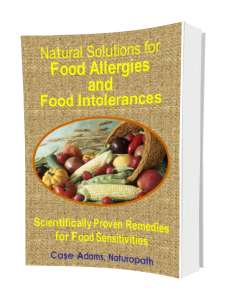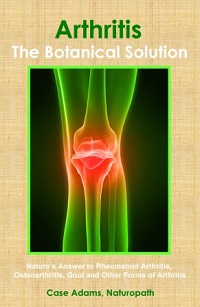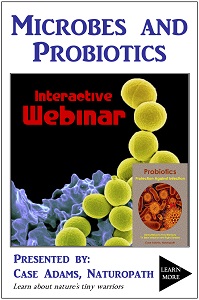Are Genetically Modified Fish Safe to Eat?
In 2013, the U.S. Federal Drug Administration has cleared the way for a new genetically engineered fish to be introduced to the public for human consumption. This was despite opposition by more than 300 environmental groups and a number of congressmen. Is GMO fish safe to consume?
In this article
Genetically modified food and allergies
The fish has been suspected in causing higher rates of allergies and digestive disorders. University of Nebraska researchers have investigated this. They found that the genetic changes may yield significant allergies. This is because the body’s digestive system may not identify with the proteins in the GMO food.
Portugal researchers identified 14 new IgE-binding proteins linked to the introduction of GMO corn. These, the researchers concluded, would potentially spark allergies to GMO foods.
The AquaAdvantage salmon, developed by AquaBounty, is genetically engineered to grow faster. An Atlantic salmon was transplanted with a gene from the Pacific Chinook salmon that produces growth hormones throughout the year. Another gene was transplanted from the eel-like ocean pout, which switches the hormone gene on.
Because there are no labeling requirements informing consumers they are eating genetically modified foods, consumers won’t be able to tell the difference between one of these ‘frankenfish’ salmon and an unmodified Atlantic salmon.
“This is especially troubling as the agency is ignoring the opposition by salmon and fishing groups, as well as more than 300 environmental, consumer and health organizations,” Senator Lisa Murkowski of Alaska told the Associated Press. Sen. Murkowski is working with others to stop the final approval.
Safe for who?
Ohio Representative Dennis Kucinich, who has introduced GMO labeling legislation into Congress every year since 1997, stated, “now this latest action by the FDA somehow determined that the salmon is safe — safe for who? Safe for the investors?”
Allergies and other digestive issues that have been considered in other GE food research has not been proven in the GE salmon. However, all the GMO salmon testing so far has been done by AquaBounty.
The issue with allergies is whether the genetic modification will produce new proteins that are not recognized by the human body when eaten. Portugal National Institute of Health researchers found that genetically modified corn produced five allergens. While the gene from the Pacific Chinook in itself may not produce foreign proteins, the new combination, together with the eel-fish pout gene, could conceivably produce “novel proteins” according to researchers.
The FDA has said the fish is environmentally safe, but environmentalists strongly disagree. Many are concerned about the fish being accidentally released into the wild and cross-breading with other fish.
The company says the fish are primarily sterile, although some would still be able to reproduce.
For this and other reasons, many countries and localities have banned GMO crops.
REFERENCES:
Associated Press. FDA says ‘frankenfish’ salmon would not harm environment, clears way for approval. Washington Post, Business. 2013 Jan 2.
Fonseca C, Planchon S, Renaut J, Oliveira MM, Batista R. Characterization of maize allergens – MON810 vs. its non-transgenic counterpart. J Proteomics. 2012 Apr 3;75(7):2027-37.
Taylor SL, Hefle SL. Will genetically modified foods be allergenic? J Allergy Clin Immunol. 2001 May;107(5):765-71.
Guidelines for the regulation of genetically engineered animals. Reprod Fertil Dev. 2012 Dec;25(1):322.
Poulsen LK. Allergy assessment of foods or ingredients derived from biotechnology, gene-modified organisms, or novel foods. Mol Nutr Food Res. 2004 Nov;48(6):413-23.



















